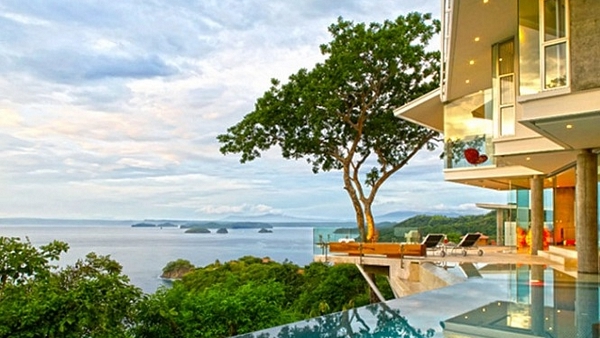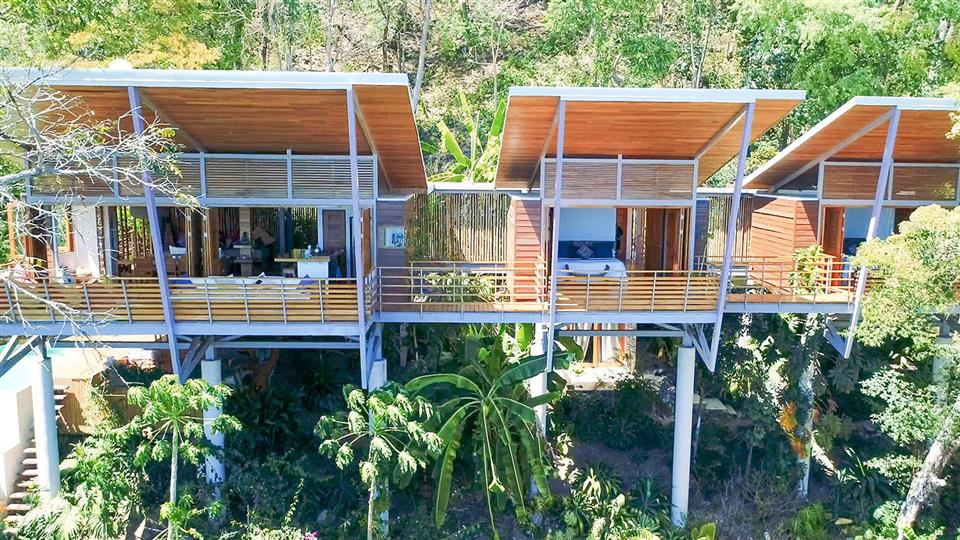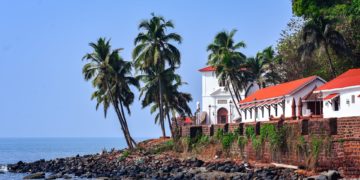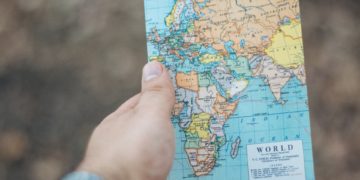
Acquiring a property in a foreign country may seem an impossible task or even a dream and it can become a very stressful process, especially if you consider some risk factors like language barriers and unfamiliarity with the country’s laws. Ii is a big decision and might be, for some, the biggest decision of their lives! But, I am here to tell you that your dream can definitely come true!
Buying a property in Costa Rica can appear a tedious task, but if you know the right steps to follow and you have trustworthy people advising you, it is not as complicated as it may seem.
Let’s go through the basics for buying a property in Costa Rica and the basic terminology so that you can feel comfortable with the purchase process.
Terminology
1. Folio Real: This is the “social security” number of properties. It is the unique number assigned to each property. If the owner doesn’t have this number then you should consider it as a red flag and perhaps reconsider buying this property.
2. Transfer or Conveyance Deed: This document contains all of the stipulations regarding the transfer of real estate including basic information about the buyer, seller, the property, and any special terms of sale.
3. Notary Public: Is an attorney licensed by law to perform legal acts with Public Faith. All transactions performed by a Notary are recorded in their Notary Book. A Public Notary is necessary in order to purchase a property. It is crucial to chose a Public Notary that you trust and that understands the laws; unlike other countries the Public Notary in Costa Rica has a lot of power and can act on the behalf of the state.
4. Survey Plan (Cadastral Department): In addition to the Public Registry of Properties, which holds all property deeds, Costa Rica also has a Cadastral Office that holds all of the property surveys.
5. Corporations: Is not uncommon to start corporations at the time of buying a property in Costa Rica or to buy a property from a corporation. The process of setting up a corporation is not complicated, but does require a knowledgeable attorney who understands the exact protocols and procedures necessary to properly set up the corporation. The advantage of this system is that it allows a buyer to protect their asset anonymously
Purchase process
Now that you understand a little bit more about the terminology used when buying a property lets start with the purchase process and what are the steps that you must follow:
1. Sign an Option to Purchase/Sale with seller.
2. Deposit funds into escrow (if available).
3. Title research performed by the Notary Public/ Lawyer (review if property is free and clear of defects), in this step the Notary should find the Folio Number in the Public Registry.
4. Closing – Execution of Transfer Deed, Endorsement of Shares and (or) Mortgage Deed and disburse funds.
5. Register new owner with Public Registry.
This process is fairly simple if you abide to the law and have the proper legal representation from a lawyer or a Public Notary, so buying a property does not have to be intimidating.
Finally, foreigners have the same rights as the locals when buying a property in Costa Rica and the process is fairly the same with one exception that I think is important to consider. For some the ultimate dream would be to retire or live close to the beach where you can hear the waves crashing and feel the ocean breeze, but I need to burst this bubble! Owning a beach front property is very difficult for foreigners and you might only get it through a “Concession”, so let me explain this a little bit more in detail to understand this limitation.
1. Public Area: The first 50 meters measured horizontally from the high tide line. This zone is not available for ownership of any kind. This area is deemed a public area and anybody has access to it in other words, there are no private beaches in the Maritime Zone of Costa Rica and nobody can restrain the access to the beach.
2. Restricted/Concession Area: The next 150 meters is available for Concessions. An owner of a concession may build on that concession, subdivide the concession and perform other acts to the property.
3. Ownership Limitations: Foreigners do not have the same rights as citizens when it comes to purchasing concession property. The law establishes that foreigners cannot be majority owners of a concession property. A foreigner can, however, enter into a partnership with a Costa Rican citizen where the ownership is divided 49% / 51% between the foreigner and Costa Rican respectively.
So there you have it! Buying a property in Costa Rica is not as difficult as it seems as long as you understand and follow the laws. I hope this guide gives you the confidence to invest in this beautiful country that has a lot to offer!
To get more information & assistance, please submit the form below and our specialist will get in touch with you at the earliest.







